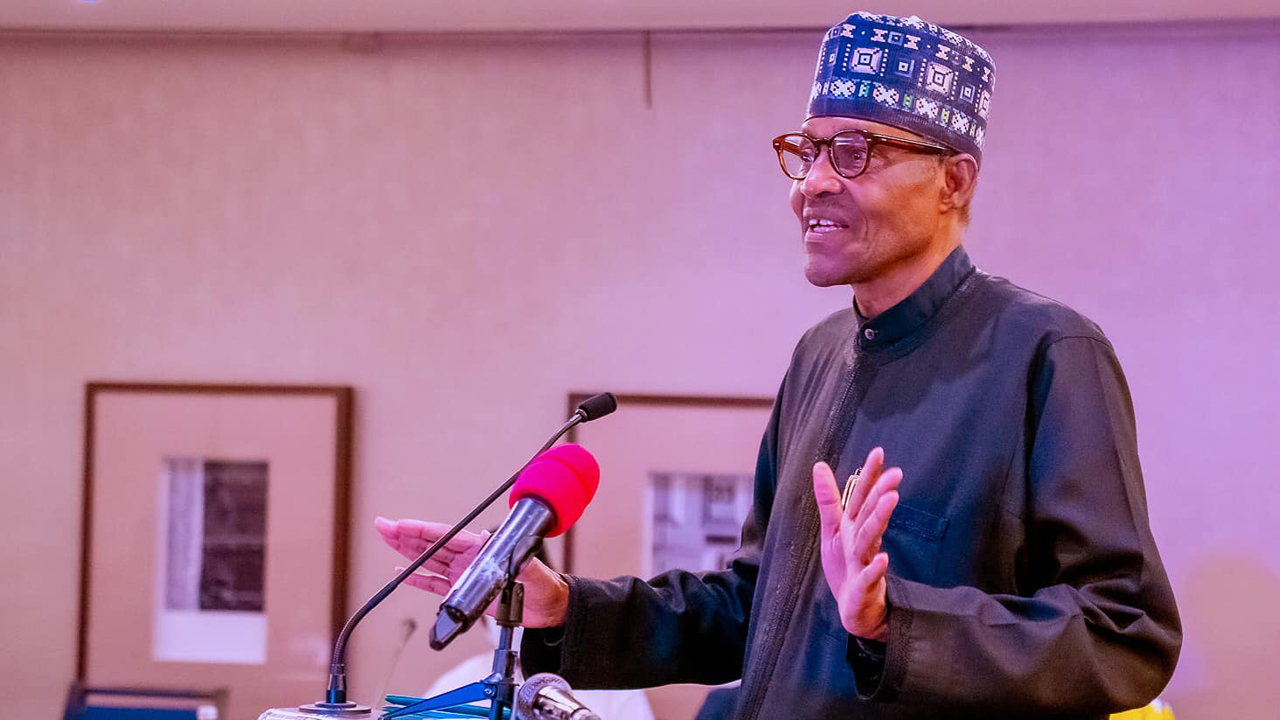Nigeria leveraged the long closure of schools during COVID-19 and the continual disruption of schools due to insecurity and climate change to expand digital learning, and ensure continuity of learning
President Muhammadu Buhari has pledged that Nigeria will do its best to reach all learners, wherever they are, with quality, inclusive learning and skills development opportunities to prepare them for the bright future they deserve.
Buhari made the pledge on Monday while making a statement on Thematic Session four: Digital Transformation of Education at a 3-day Transforming Education Summit in New York.
The Transforming Education Summit is organised on the margins of the 77th session of UN General Assembly.
According to the Nigerian President, over 50 per cent of Nigeria’s 200 million plus population is made up of people below the age of 20 and this youthful population has developed a tremendous appetite and savviness for everything digital.
“The emergence of the COVID-19 pandemic brought transformations that led to the adoption of Digital Learning options.
“Nigeria leveraged the long closure of schools during COVID-19 and the continual disruption of schools due to insecurity and climate change to expand digital learning, and ensure continuity of learning.
“This enabled government to specifically target out-of-school children, and children in difficult-to-reach areas with digital learning opportunities.’’
Buhari said that the progress achieved in digital learning had been guided by the development of the national digital learning policy, which focuses on the long-term vision of inclusive digital transformation by increasing public provisioning for digital learning.

He said it also guides the development and rollout of free, open-source digital tools to provide large-scale remote learning with online contents that are complemented by television and radio programmes as well as print materials for home use.
“Through the Nigeria Learning Passport, a digital learning platform launched by the Federal Ministry of Education in partnership with UNICEF, teachers and learners have online and mobile access to almost 15,000 curriculum-mapped educational content that has been reviewed and vetted by a 35-member strong review team.
“Equity is at the heart of this agenda, with content and lessons produced in English and in local languages.
“The contents are also gender-inclusive and customized to the needs of learners, including those with functional difficulties,’’ the President said.
In addition, Buhari said in order to support children and adolescents who are on the wrong side of the digital divide, Nigeria had prioritised the accelerated development of the offline version of Learning Passport.
“This will be available for integration with teaching and learning in the 2022/23 academic session.
“The Federal Ministry of Education, together with UNICEF, is also partnering with private sector telecom companies to bring connectivity to the hardest-to-reach schools and communities,’’ he said.
He, however, thanked the partners in supporting the digital transformation of the education sector.
“We join you in celebrating the announcement of the Global Partnership which will support us in our efforts to leverage digital technology to close equity gaps in education.
“I also appreciate the work done by the United Nations, and other partners, that have made this possible. We are indeed excited to be a champion country,’’ Buhari said.